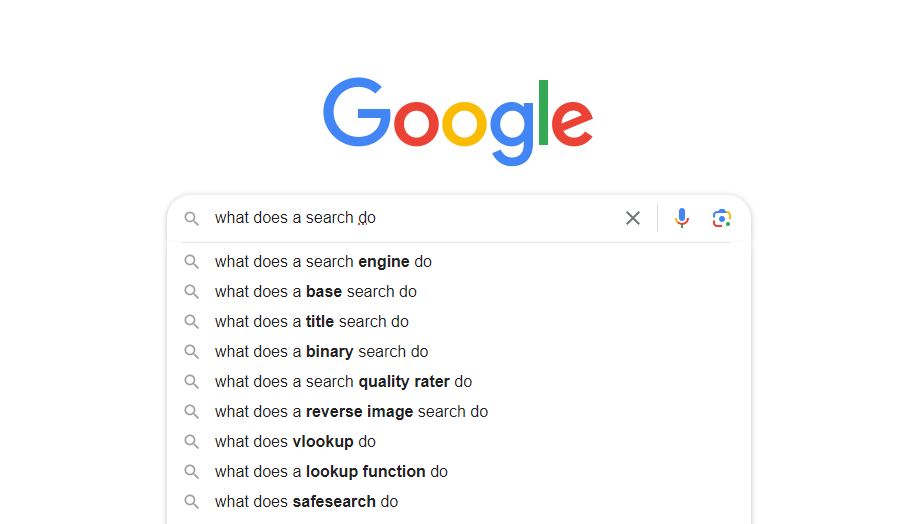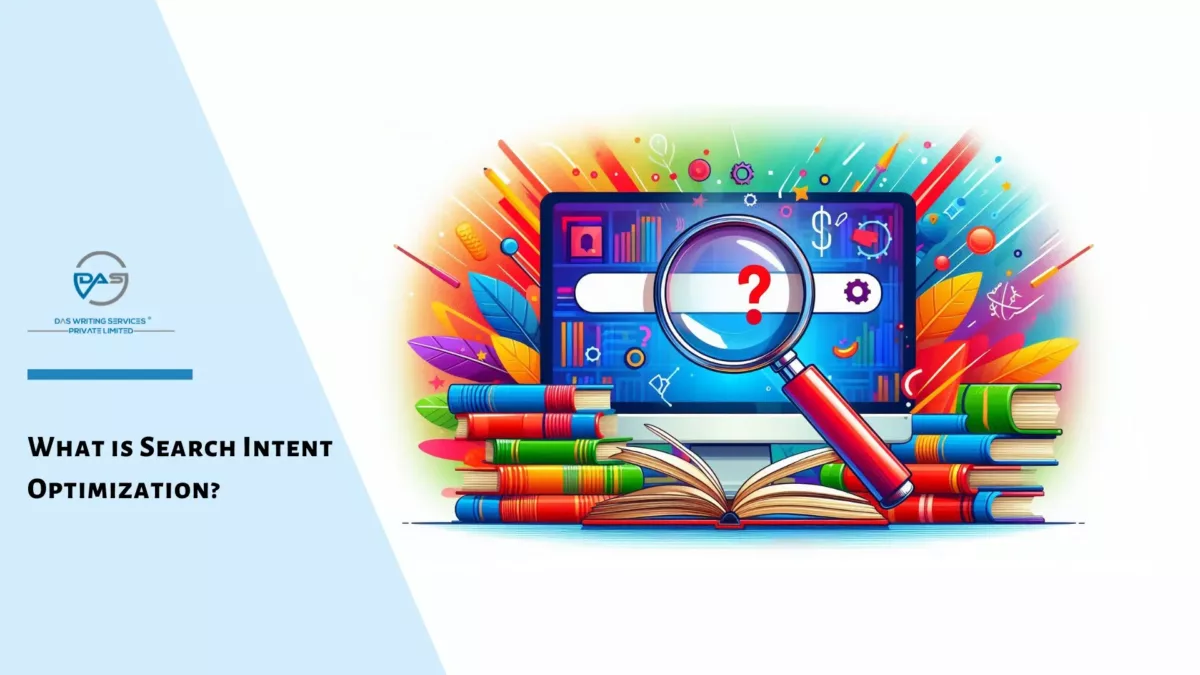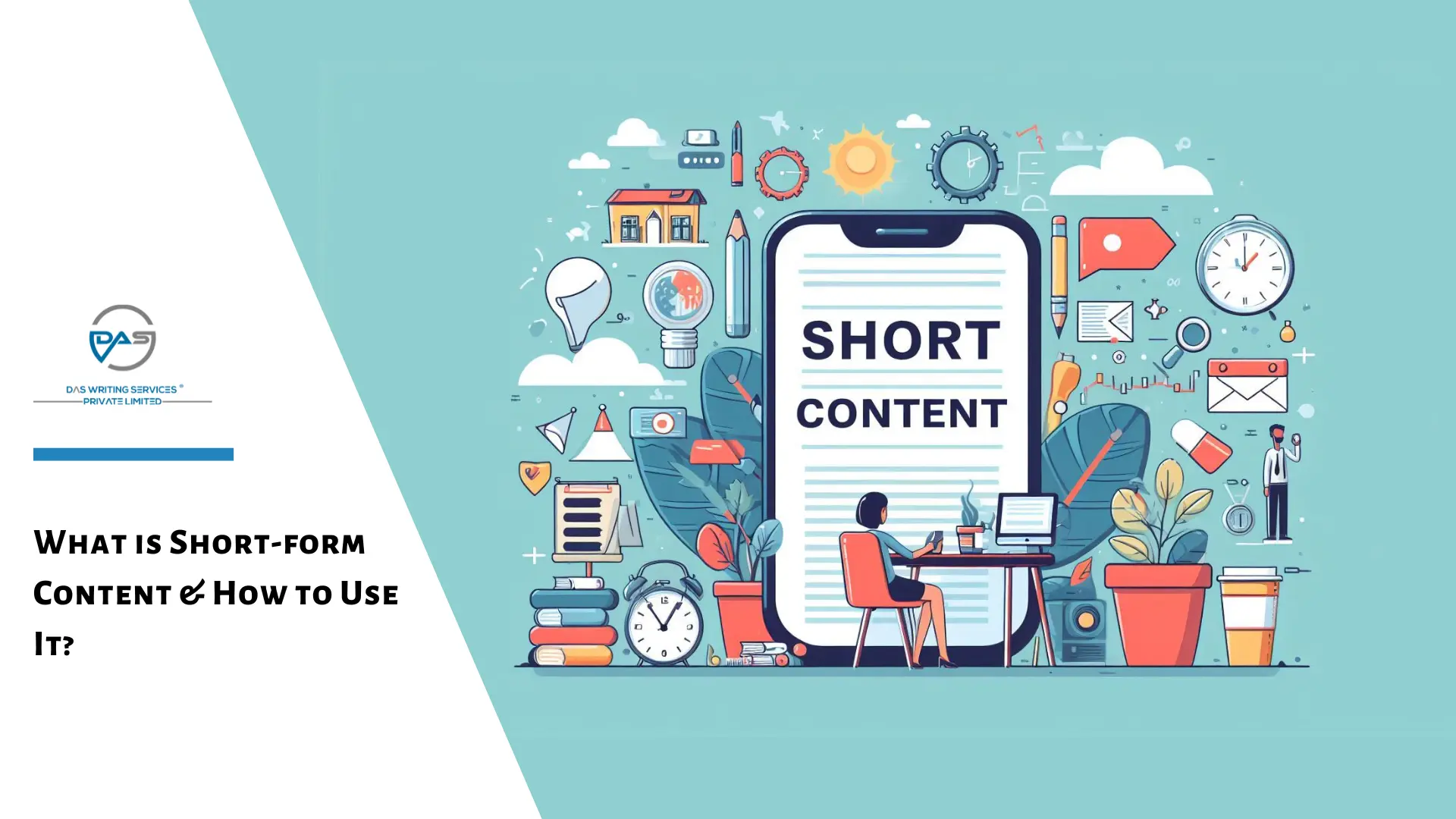Search intent, or searcher’s query, or keyword intent is the reason behind an online search.
For example, if someone searches for “best content writing agency” on Google. They do not want to read a blog on it. Rather, the search query intends to find what options are available. Having learnt about the options available, they might consider contacting an agency.
Keywords are categorised into multiple groups so as to create efficient pages that adquately respond to the searchers’ query – you would not want to sell apples to a person searching for iPhones, right?
That is why the intent of search is of vital importance to marketers. We use this insight to strategise content across different types of keywords.
Businesses use the knowledge of search intent to craft content that helps fulfil user search queries and drive relevant audience to the website.
Why Search Intent Matters?
Understanding what a person is looking for when they enter a string of words in the search bar is vital to resolve their queries efficiently.

For instance, the above query in the search bar triggers multiple suggestions for the user to choose from. While google uses its algorithms to understand the intention of the search to display relevant results, businesses and search marketers use it to target specific keywords and optimize content for them.
The user may want to find information or would like to land on a particular page to perform a transaction. Knowing what the user is looking for with a query is the key to create efficient content strategy and satisfy user queries.
What Are the Types of Search Intent?
Generally, people use search engines to find information on a topic, learn about a product or a service, visit a website or to buy a product. Based on the functions or intentions of the search, they are divided in the following categories.
1. Informational
It is those search queries that the users have typed to learn something. These searches may have question-based words like what, why, how, where, who, when, etc.
For specific queries like “What is distance between earth and sun” Google will directly answer the information: 150.33 million km.
For queries that are not so straightforward, blog posts are the appropriate type of content to answer most informational queries. Depending on the search query, businesses can determine what should be the ideal blog post length.
2. Navigational
When users are looking to find a specific page, for example, “gmail login”, it is navigational. Navigational searches used to find a website or a specific service or product. Here, searchers are not looking for information. The intention of the search is to find a particular website or land on that page. For instance, the the first query will return the website page of the school, the second will lead to our blog section and so on.
- The Doon School
- Das Writing Services Blogs
- WBSEDCL Bill Payment
With each of the keywords, the user is not seeking information rather they are looking to land on a page where they want to perform an action. For navigational keywords, a company must ensure that their pages are easily accessible by search engines to satisfy user search intent.
3. Transactional
When users want to avail a product or service, the type of queries are called transactional keywords. Transactional here does not always mean monetary transactions or purchases. It may result into the exchange of one
- iPhone 14 Pro Max Price in India 256gb
- SEO Course Online
- Watch Blue Planet 2
Be prepared for such keywords as they are what your customers type when they are at the brink of conversion.
4. Commercial
Commercial keywords are those which users use to learn about a product or service which then may result into a transaction. To better understand this intent we can say it better describes the transitional phase between informational and transactional queries. It is when the user wants to learn in details about a product or service. The following are some of the examples of commercial search intent keywords.
- Best SEO agencies India
- Top content writing services
- Content writing prices
Ranking on commercial keywords can be very difficult as they tend to have high keyword difficulty. However, with professional support from Das Writing Services, you can expect exceptional growth and guaranteed results.
How to Optimise Your Content Around Search Intent?
It is clear from Google’s helpful content update that it wants you to create content that satisfies the search intent. So, if you craft content aiming to satisfy search intent it makes your content automatically better suited for the search engine, hence more SEO friendly.
Let’s take a look at how we can hope to achieve that:
1. Match Content Type With the Intent
Go with the dominant content type (in most cases the most suitable one) for a search query. For example, if the keyword is “yoga for tuberculosis” a blog is the most suited option.
2. Do Formatting for Relevant SERP Features
Like the previous example, choosing the dominant formatting type for search intent is in most cases the appropriate one. For example, if the keyword is “best backpack for outdoor travel” the blog will have a listicle formatting.
3. Find the Right Content Angle
On the top-ranking posts, there are unique selling points that each one uses to attract audiences. For example, “best bicycles in india under 20000” brings results that mention the latest update time, trying to convey the best bicycles in the present year.
4. Find Subtopics to Cover
Covering a topic in full is one of the requirements for satisfying search intent. You can get your subtopics by visiting top-ranking pages and finding a content gap.
Conclusion
Search intent is one of the crucial factors that determine ranking. If you want to stay on the map for a long time, commit to high-quality content and all your marketing goals will be achieved.

Achinta Maity, a former professional SEO content writer for Das Writing Services, is currently working as an SEO Analyst. During his long tenure as a writer, he has worked for multiple clients from various industries, including finance and digital marketing. Due to his passion for writing and sharing knowledge, he contributes to our blog besides working as an SEO Analyst. For any queries, you can contact him on his LinkedIn profile.





Leave a comment
All comments
Sujata
Very informative and well-explained! Understanding search intent is crucial for crafting effective content strategies and improving SEO performance.
vvcube
This blog post is incredibly useful and instructive. I want to thank you for sharing this information. I also have a website with a lot of useful information.
Sneha Roy
What is the future of SEO against the backdrop of AI?